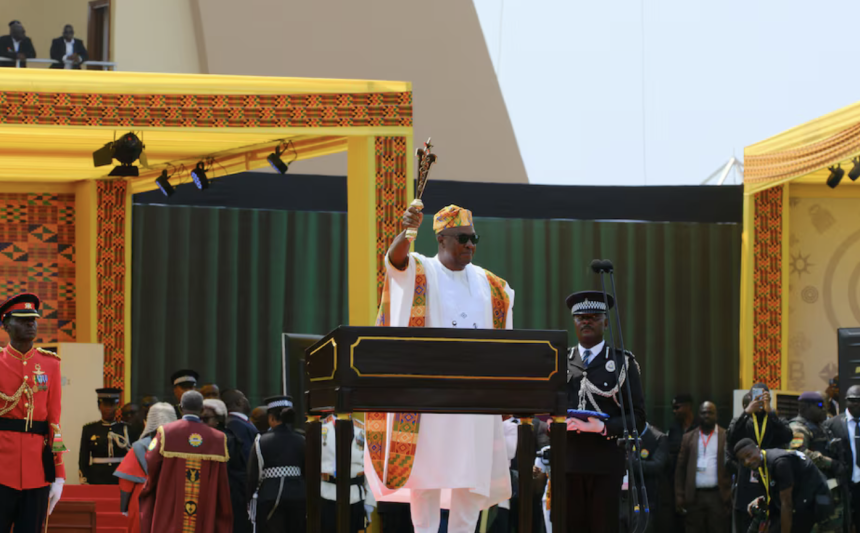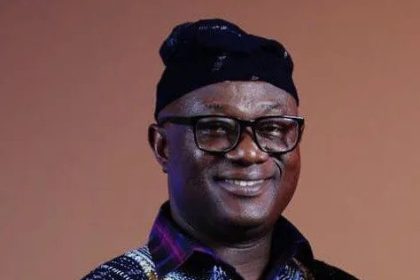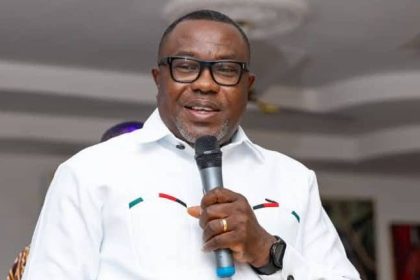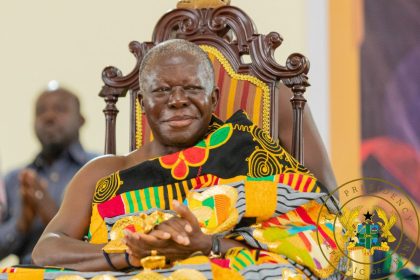John Dramani Mahama was inaugurated for his second term as Ghana’s president in a ceremony held in Accra, vowing to tackle widespread public discontent by revitalizing the economy and generating much-needed employment opportunities.
The 66-year-old opposition leader achieved a landslide victory in the December 7 presidential election, staging a political comeback in West Africa’s second-largest cocoa-producing nation. Succeeding Nana Akufo-Addo, who stepped down after two terms, Mahama’s assumption of office symbolizes the peaceful transfer of power—a hallmark of Ghana’s democratic tradition amid a region often unsettled by military coups and jihadist insurgencies.
Over 20 presidents and heads of state from around the globe attended the ceremony at Independence Square, a historic site for Ghanaian presidential inaugurations since the days of Kwame Nkrumah. Speaking to a throng of cheering supporters, Mahama acknowledged the nation’s struggles with economic crises and hardship, but he also highlighted the hope for a brighter future ahead.
Ghana’s economy, still recovering from the COVID-19 pandemic, a cost-of-living crisis, an ongoing IMF bailout, and a sovereign debt default, is beginning to show signs of growth. Despite this progress, Mahama is under pressure to swiftly fulfill campaign promises—particularly those aimed at reducing high youth unemployment and eradicating deep-seated corruption—which have spurred public mistrust in the political system. “The average Ghanaian is growing impatient with our democracy,” noted Godfred Bokpin, a finance professor at the University of Ghana, highlighting the citizens’ frustration: “People have done their part by voting but they’re asking: what have they gotten from this democracy?”
In his inaugural address, Mahama laid out a new economic model anchored in agriculture and agribusiness. His plan focuses on creating jobs for young people, stimulating local industry, and attracting foreign investment. Analysts and supporters of Mahama’s National Democratic Congress (NDC) view his two-thirds parliamentary majority as a strong mandate to implement tough decisions and credible policies that will improve livelihoods and boost investor confidence.
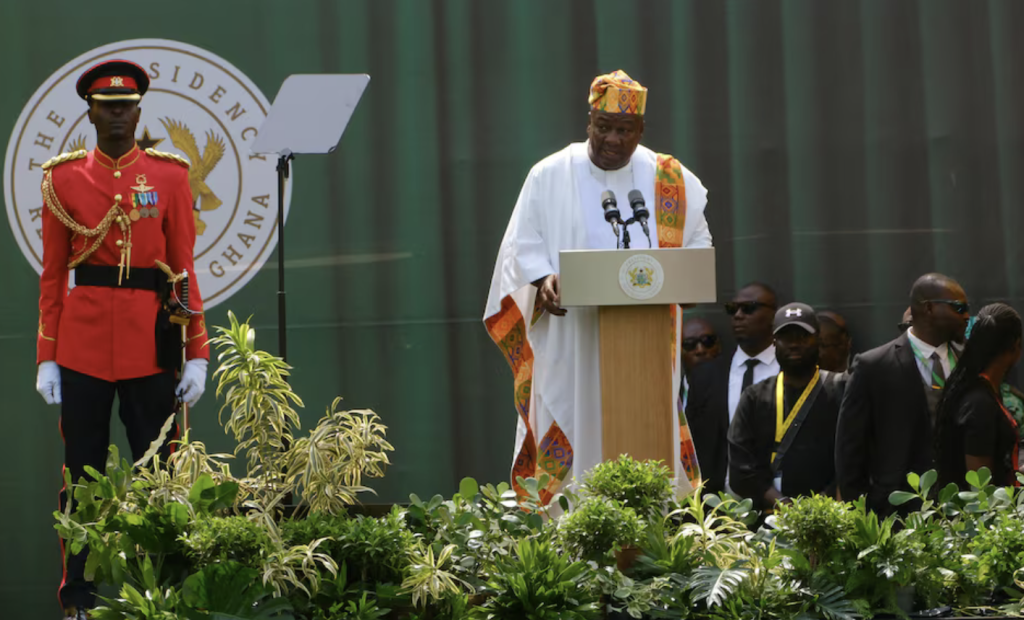
However, Mahama faces immediate challenges. A looming power crisis threatens to disrupt the nascent economic recovery, with preliminary estimates indicating arrears to service providers exceeding $2.5 billion. This dire situation could curtail productivity and dampen the country’s economic resurgence. “The outgoing government kept the system running by bandaging open sores,” said Bright Simons of the Accra-based IMANI think tank. “They left the festering wounds for him.”
Additional pressing issues include high inflation and exchange rate volatility that erode the purchasing power of ordinary Ghanaians. Inflation has risen for the third consecutive month, reaching 23.0% in November due to soaring food prices. “We can talk about the skyscrapers and complex things but the reality is that the average Ghanaian is hungry. You must prioritise food production,” Bokpin emphasized, underscoring the urgent need for concrete action to address food insecurity.


